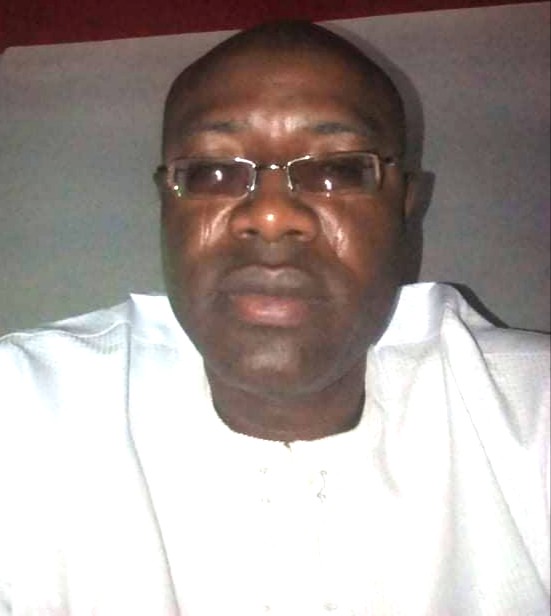By TUNDE BUSARI

In the past two days, Haruna Isola and I have been inseparable. I mean, Haruna Isola’s songs. From one album to the other, I move. Each album offers me a distinct flavour of a truly indigenous genre that forbids western instrument. It’s pure and organic, blended well with our root.
In fact, I accused Haruna Isola’s singing son, Musiliu Babatunde Haruna Isola of distorting the heritage, using piano and drum set and thus flirting with fuji sometimes chaotic rhythm called Alujo in contrast to his father’s distinctive percussion, which allowed every instrument a space of expression to make an harmonious sound.
READ ALSO: U.S. announces visa policy review for Nigeria, others
However, listening more actively to Haruna Isola’s last album titled “Apala Disco”, had me saying an unreserved sorry to Musiliu. That 1983 album of his father indicated the future of Apala had Haruna Isola lived longer. In that elpee recorded in his then two-year-old Phonodisk studios, he broke the wall and featured drum set, though using its kick alone, forming a convenient background to omele and finally producing a fast tempo beat that accompanies this song.
Ododun laa rorogbo.
Ododun laa rawusa
Ododun laa romo obi
Bo di lamodun
Ka maa rira
Oh, heee.
Sadly, Haruna Isola did not wait to witness his amodun (another year). He passed on some months later on November 9, 1983. Musiliu Haruna Isola’s new Apala is, therefore, not a rape of that genre; it is his implementation of his father’s vision inspired by his contact with and love for Marvin Gaye’s “Sexual Healing” track during his visit to his son, Alhaji Kazeem Haruna Isola in London before he entered the studio.














